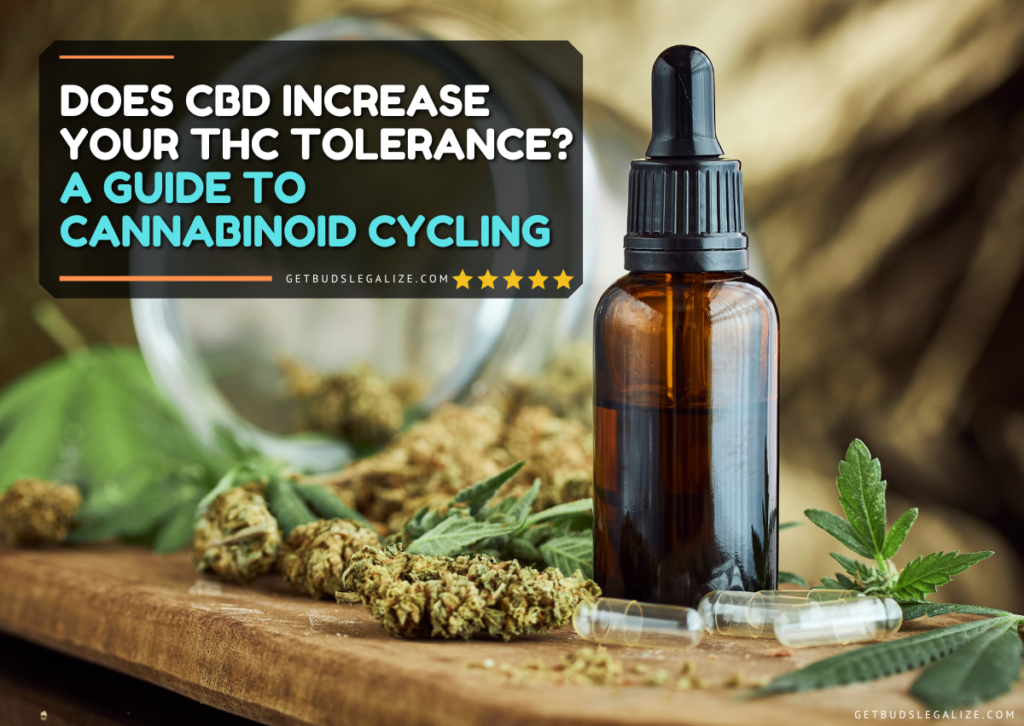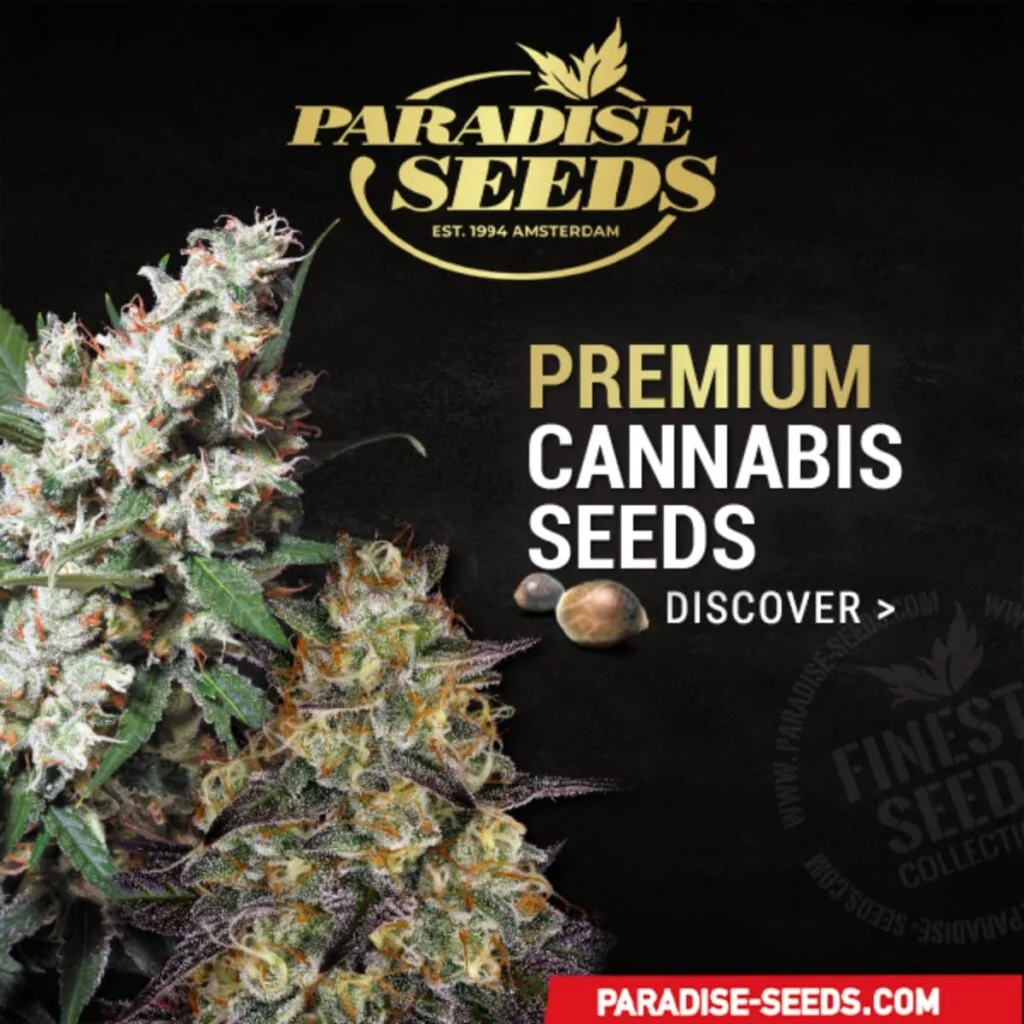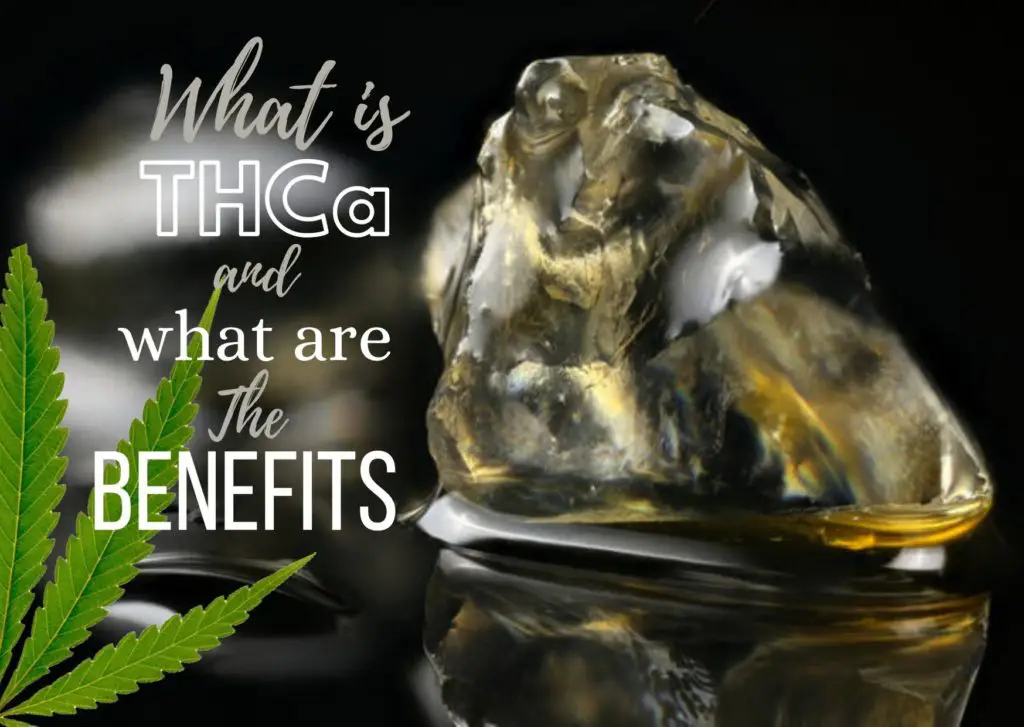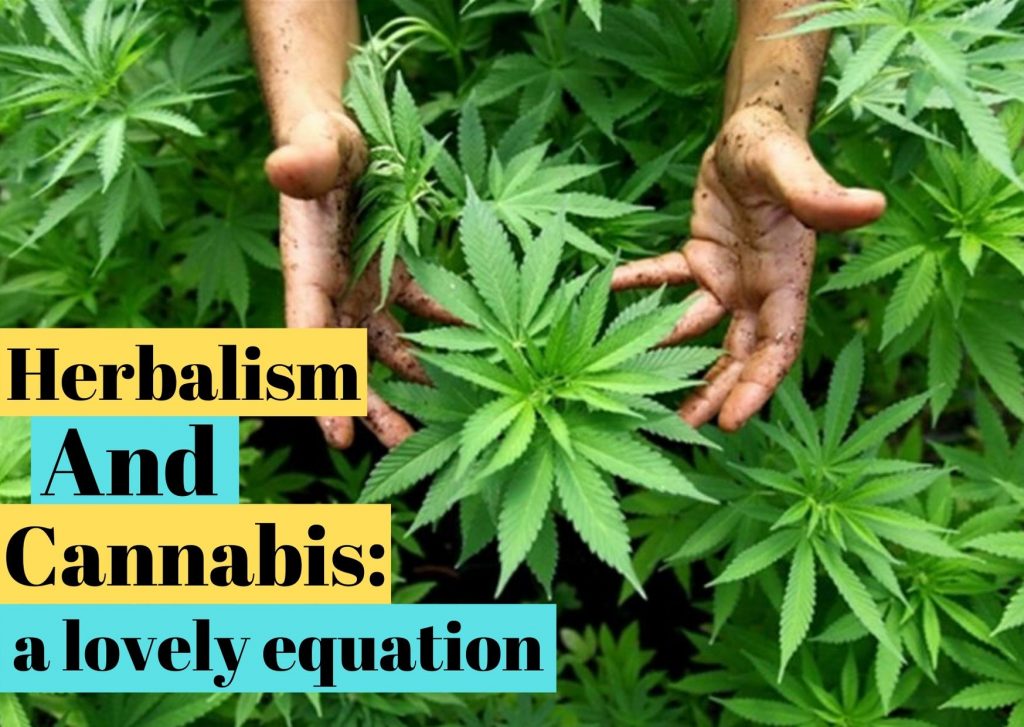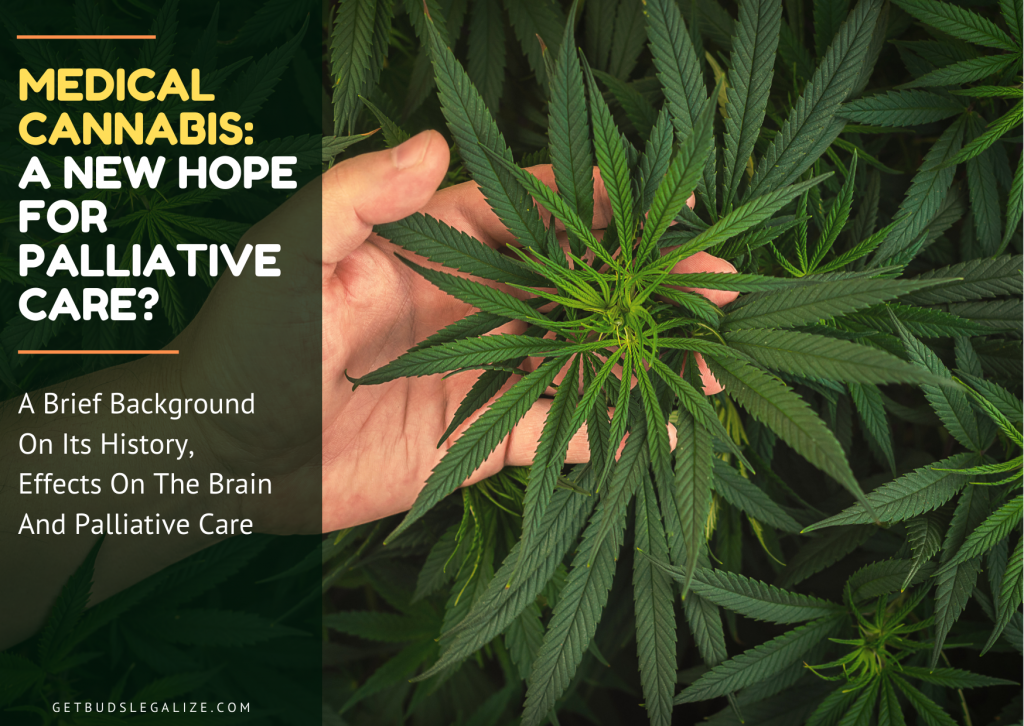Does CBD Increase Your THC Tolerance? A Guide to Cannabinoid Cycling
If you are a regular cannabis user, you may have noticed that over time, you need more THC to achieve the same effects. This is because your body develops a tolerance to THC, the main psychoactive compound in cannabis.
But what if you could lower your THC tolerance and enjoy cannabis more with less? This is where CBD, another cannabinoid found in cannabis, may come in handy. In this blog post, we will explain what THC tolerance is, how it develops, and how CBD may help you reset it.
What is Cannabis Tolerance?
Cannabis tolerance is the phenomenon of becoming less sensitive to the effects of THC over time. This means that you need higher doses of THC to feel the same level of euphoria, relaxation, pain relief, or other benefits that cannabis provides.
The tolerance to THC can vary from person to person, depending on factors such as genetics, metabolism, frequency and amount of use, and the potency and type of cannabis products consumed.
How Does THC Tolerance Develop?
THC tolerance develops because of changes in your endocannabinoid system (ECS), the network of cannabinoid receptors and molecules that regulate various physiological processes in your body, such as mood, appetite, sleep, memory, inflammation, and pain.
THC binds to CB1 receptors, one of the main types of receptors in the ECS, and activates them. This causes the release of neurotransmitters that produce the effects of cannabis.
However, when you use THC frequently and in high doses, your body adapts by reducing the number of CB1 receptors or their sensitivity to THC. This means that you need more THC to activate them and feel the same effects.
What Are The Difference Between CBD and THC, and How Do They Work in The Body?
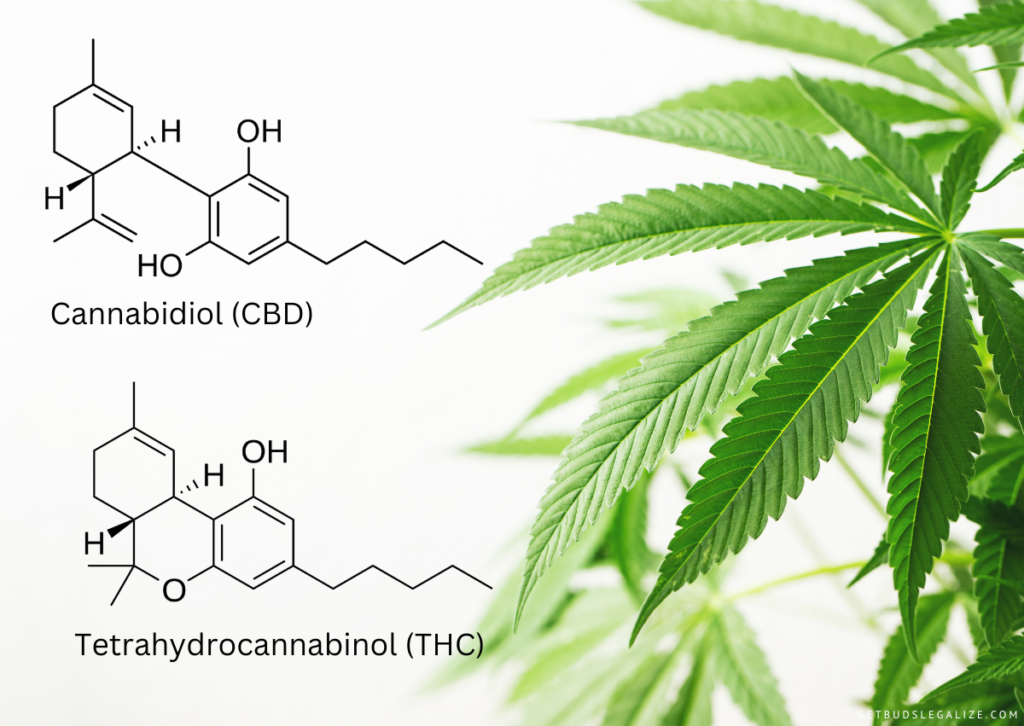
CBD and THC are both cannabinoids, chemical compounds that interact with the ECS. However, they have different effects on the body. While THC binds directly to CB1 receptors and activates them, CBD does not bind to CB1 receptors but rather modulates them indirectly. CBD can also interact with other receptors and enzymes that influence the ECS.
CBD can have various therapeutic effects, such as reducing anxiety, inflammation, pain, seizures, and nausea. CBD can also counteract some of the negative effects of THC, such as paranoia, anxiety, memory impairment, and increased heart rate.
How Can I Reset My THC Tolerance?
One way to reset your weed tolerance is to take a break from using products that contain THC. This can help your body restore its normal level of CB1 receptors and sensitivity to THC. The duration of the break depends on your individual factors and how much you use cannabis. Some people may need a few days or weeks, while others may need months or longer.
Another way to reset your tolerance to THC is to use CBD products instead of or along with THC products. CBD can help reduce your dependence on THC by providing some of the benefits that you seek from cannabis without getting you high. CBD can also help balance your ECS and prevent it from becoming overstimulated by THC. CBD can also enhance the effects of THC by increasing its availability in your system.
In Which Way Should I Use CBD to Reset Your Tolerance to THC?
There are different ways you can use it to reset your tolerance to THC, depending on your goals and preferences. Here are some options:
- Use CBD-only products: You can use CBD-only products, such as oils, capsules, gummies, or topicals, to give your CB1 receptors a break from THC and allow them to recover. You can do this for a few days or weeks before resuming your THC use.
- Use CBD-rich products: You can use CBD-rich products, such as strains or extracts that have a high ratio of CBD to THC (such as 2:1 or higher), to balance out the effects of THC and reduce its negative side effects, such as anxiety or paranoia. You can do this regularly or occasionally as needed.
- Use CBD before or after THC: You can use CBD before or after using THC to modulate its effects. For example, you can use CBD before using THC to lower your tolerance and increase its potency. Or you can use CBD after using THC to extend its duration and ease its comedown.
- Use CBD and THC together: You can use CBD and THC together in a fixed or variable ratio to create a synergistic effect that may enhance their benefits and reduce their drawbacks. You can do this by using products that contain both cannabinoids (such as full-spectrum oils or edibles) or by mixing them yourself (such as adding CBD oil to your joint or vaporizer).
What is The Optimal Ratio of CBD to THC to Use?
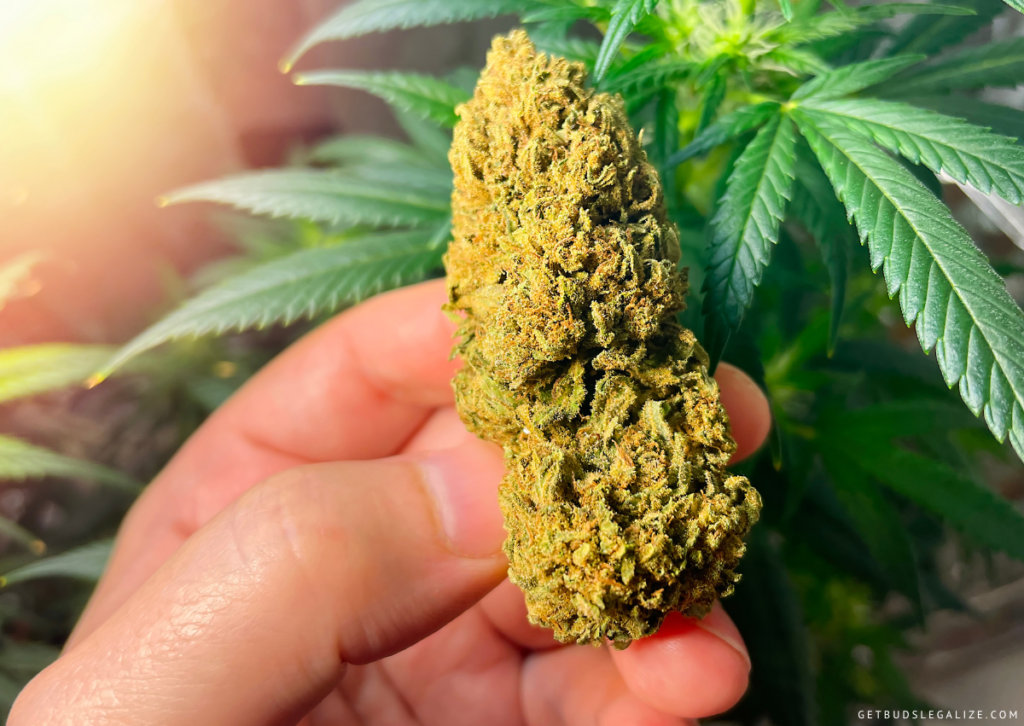
There is no definitive answer to this question, as different ratios may work better for different people and situations. However, some general guidelines are:
- Higher ratios of CBD to THC (such as 2:1 or higher) may be more effective for reducing THC tolerance, as they can block or counteract the effects of THC on the CB1 receptors.
- Lower ratios of CBD to THC (such as 1:1 or lower) may be more effective for enhancing the effects of THC, as they can act as a positive allosteric modulator of the CB1 receptors.
- Variable ratios of CBD to THC may be more effective for optimizing the effects of THC, as they can allow you to adjust the balance between the cannabinoids depending on your needs and preferences.
How Often Should I Use CBD for Best Results?
There is no clear-cut answer to this question, as different frequencies may work better for different people and goals. However, some general suggestions are:
- If you want to reset your THC tolerance completely, you may need to use CBD-only products for at least a few days or weeks before resuming your THC use.
- If you want to reduce your THC tolerance gradually, you may need to use CBD-rich products or CBD before or after THC on a regular basis or every few days.
- If you want to maintain your THC tolerance at a low level, you may need to use CBD and THC together or CBD before or after THC occasionally or as needed.
Are There Any Risks or Side Effects of Using CBD with THC?
CBD is generally considered safe and well-tolerated, with few or mild side effects. However, there are some potential risks or interactions that you should be aware of when using CBD with THC, such as:
- Drug interactions: CBD may interact with some medications, such as blood thinners, anticonvulsants, antidepressants, and opioids. This can either increase or decrease their effectiveness or cause adverse reactions. You should consult your doctor before using CBD with any medication.
- Drowsiness: CBD may cause drowsiness, especially in high doses or when combined with THC. This can impair your ability to operate machinery, drive, or perform other tasks that require alertness. You should avoid using CBD with THC if you need to stay awake or focused.
- Dry mouth: CBD may cause dry mouth, which can lead to thirst, discomfort, bad breath, or dental problems. You should drink plenty of water and practice good oral hygiene when using CBD with THC.
- Reduced appetite: CBD may reduce your appetite, which can lead to weight loss, malnutrition, or eating disorders. You should monitor your food intake and eat a balanced diet when using CBD with THC.
What Are Some Tips to Better Manage My THC Tolerance?
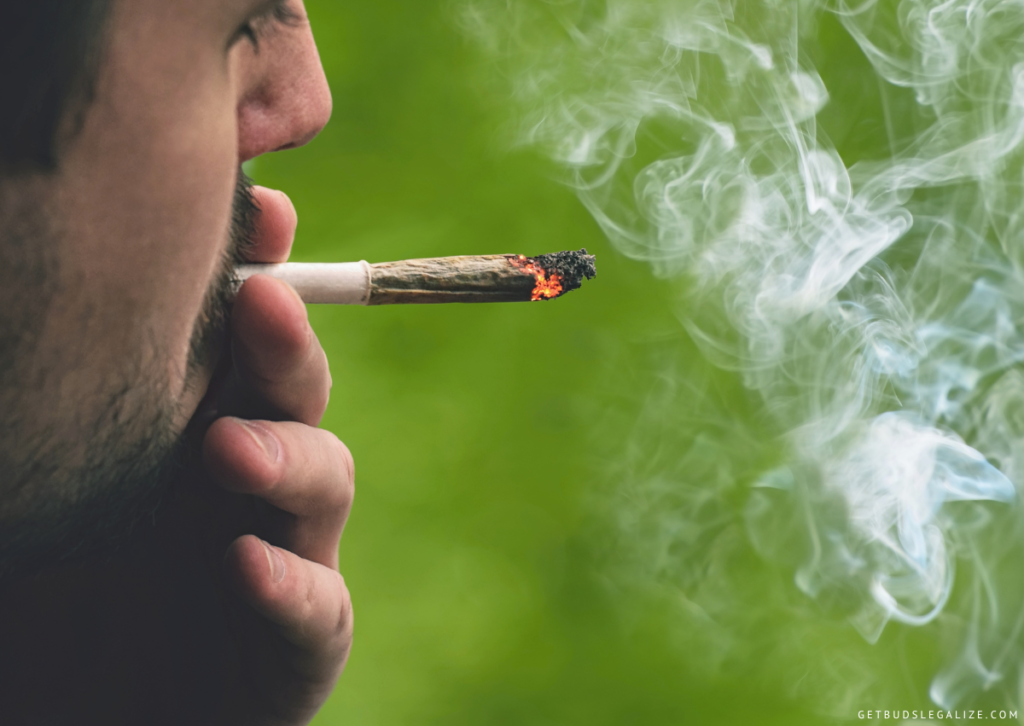
Here are some tips for managing your tolerance and getting the most out of your cannabis experience:
- Start low and go slow: When using cannabis products that contain both CBD and THC, start with a low dose and increase it gradually until you find your optimal level. This can help you avoid unwanted side effects and find the best balance of effects for your needs.
- Experiment with different ratios: As mentioned above, different ratios of CBD to THC can have different effects on your body and mind. Try using different reports for different purposes or times of day to find the one that works best for you.
- Switch strains: Different strains of cannabis have different profiles of cannabinoids, terpenes, flavonoids, and other compounds that affect their effects. Switching strains can help you avoid developing a tolerance to a specific strain and expose you to a variety of effects and benefits.
- Take tolerance breaks: Taking breaks from cannabis use can help your CB1 receptors recover and restore their sensitivity to THC. You can take breaks for a few days, weeks, or months, depending on your level of tolerance and how long you have been using cannabis.
- Use other methods: There are other methods besides CBD that can help you lower your THC tolerance, such as exercise, meditation, diet, supplements, and lifestyle changes. These methods can help boost your endocannabinoid system and improve your overall health and well-being.
Final Thoughts
CBD is a powerful cannabinoid that can help you reset your tolerance of THC and enhance your cannabis experience. By using CBD along with or instead of THC, you can reduce the amount of THC you need to feel its effects, avoid its negative side effects, and enjoy its benefits for longer.
However, you should always consult your doctor before using CBD or THC, especially if you have any medical conditions or are taking any medications or supplements.
FAQs
Another question that some people may have is how long it takes for CBD to work and produce its effects. Again, there is no definitive answer to this question, as it depends on several factors, such as the type of CBD product you use, the amount of CBD you use, the method of administration you choose, and how your body absorbs and metabolizes
Its legal status varies depending on where you live and what type of CBD product you want to use. In general, CBD products that contain less than 0.3% THC (the psychoactive component of cannabis) are legal in most states and federally, but some states have stricter laws or require a prescription. Therefore, it is important to check the local regulations before buying or using CBD products.
Finding high-quality CBD products can be challenging, as the market is flooded with many brands and products that may not be tested or verified for safety and potency. To ensure that you are getting a reliable and effective CBD product, you should look for some key features, such as:
- The source and extraction method of the CBD.
- The amount and type of CBD (full-spectrum, broad-spectrum, or isolate) in each serving.
- The third-party lab test results that confirm the purity and potency of the product.
- The customer reviews and feedback that reflects the quality and satisfaction of the product.
The optimal dose for CBD depends on several factors, such as your body weight, metabolism, health condition, desired effects, and tolerance. There is no universal dose that works for everyone, so you may need to experiment with different amounts and frequencies to find what works best for you.
A good rule of thumb is to start low and go slow, meaning that you should begin with a small dose (such as 5 to 10 mg) and gradually increase it until you feel the desired effects. You should also consult your doctor before using CBD, especially if you have any medical conditions or take any medications that may interact with CBD.
CBD and THC have different side effects, depending on the dose, the method of consumption, and the individual. CBD is generally considered to be safe and well-tolerated, but some people may experience dry mouth, drowsiness, low blood pressure, or changes in appetite or mood.
THC can cause psychoactive effects, such as euphoria, relaxation, paranoia, anxiety, or impaired memory and coordination. THC can also increase your heart rate, blood pressure, and appetite.
CBD can stay in your system for different lengths of time, depending on how often you use it, how much you take in, and your metabolism. Generally, CBD can be detected in your urine for up to 3 days after a single dose, and up to 30 days after regular use.
Smoking cannabidiol (CBD) can have different effects than taking CBD oil orally or topically, as it bypasses the digestive system and enters the bloodstream directly through the lungs. This can result in a faster and more potent effect, but also a shorter duration.
Smoking can also expose you to other compounds in the plant, such as terpenes and flavonoids, which can modulate the effects of CBD. Some studies suggest that smoking can actually lower your tolerance to THC, the psychoactive component of cannabis, by blocking its receptors in the brain. However, more research is needed to understand how smoking CBD affects your tolerance to CBD itself.
If you find that you need higher doses of CBD oil to get the same effects, you may have developed some degree of CBD tolerance. This can happen if you use it too frequently or too much, or if your body becomes less responsive to its signals.
One way to reverse it is to take a weed tolerance break for a few days or weeks, depending on your usage pattern. This can help your body restore its sensitivity and responsiveness to CBD.
THC is the main psychoactive compound in cannabis. When a person stops using THC, they may experience withdrawal symptoms such as irritability, mood swings, insomnia, anxiety, depression, loss of appetite, nausea, and cravings. These symptoms usually peak within the first week and gradually diminish over the following weeks. However, some people may have more severe or prolonged withdrawal symptoms that require medical attention.
A good tolerance break should last at least two weeks, according to some experts, but it may vary depending on the person’s usage habits, metabolism, and body chemistry. A longer break may be needed for heavy or frequent users, while a shorter break may suffice for occasional or moderate users. The benefits of a tolerance break include saving money, improving mental clarity, and reducing dependence on THC.

